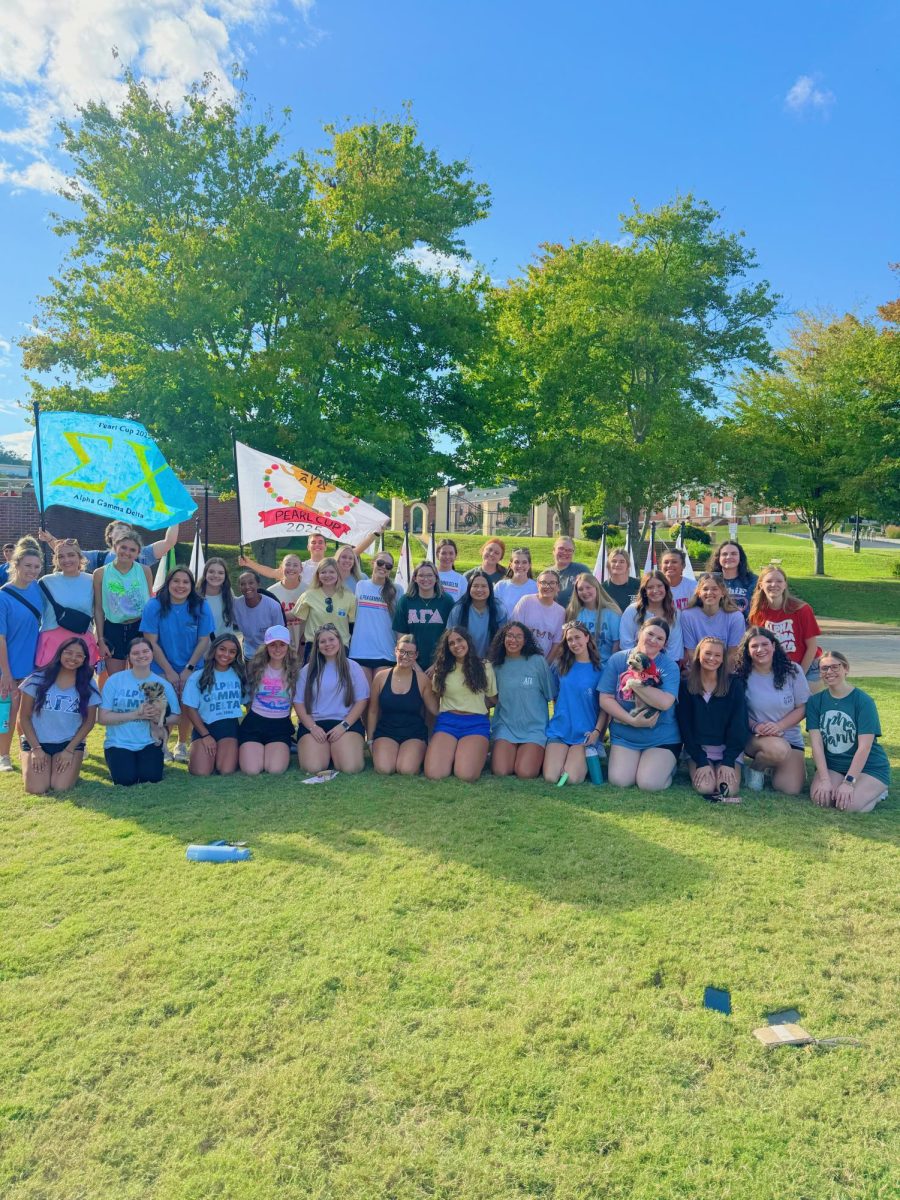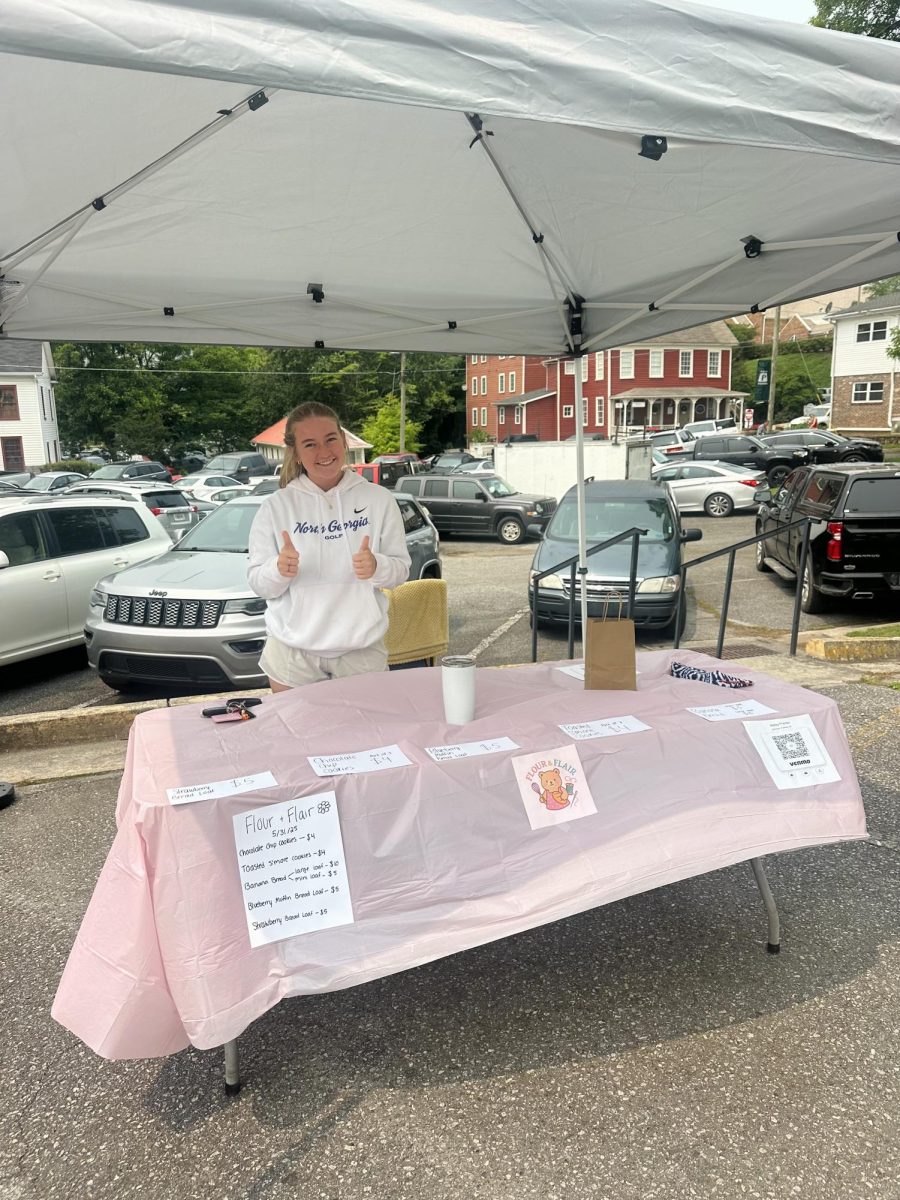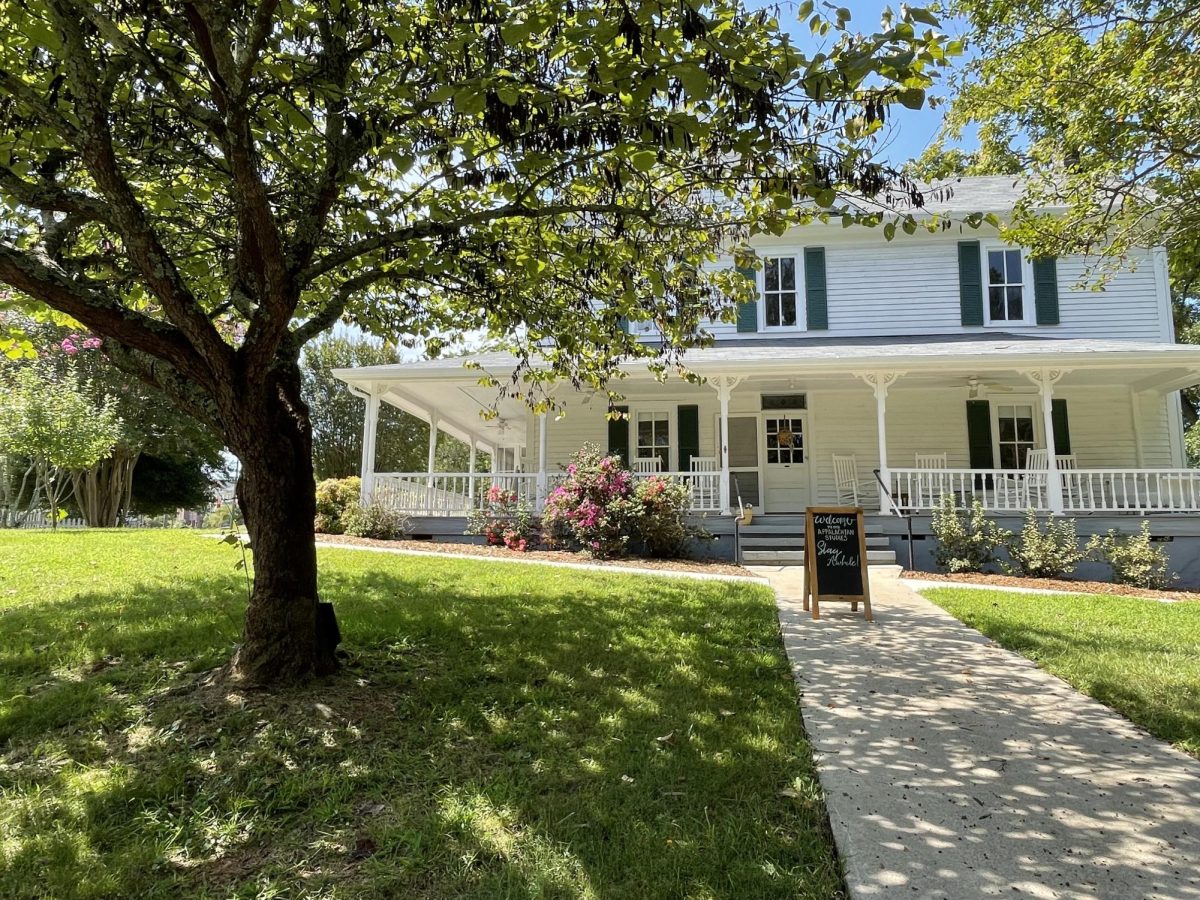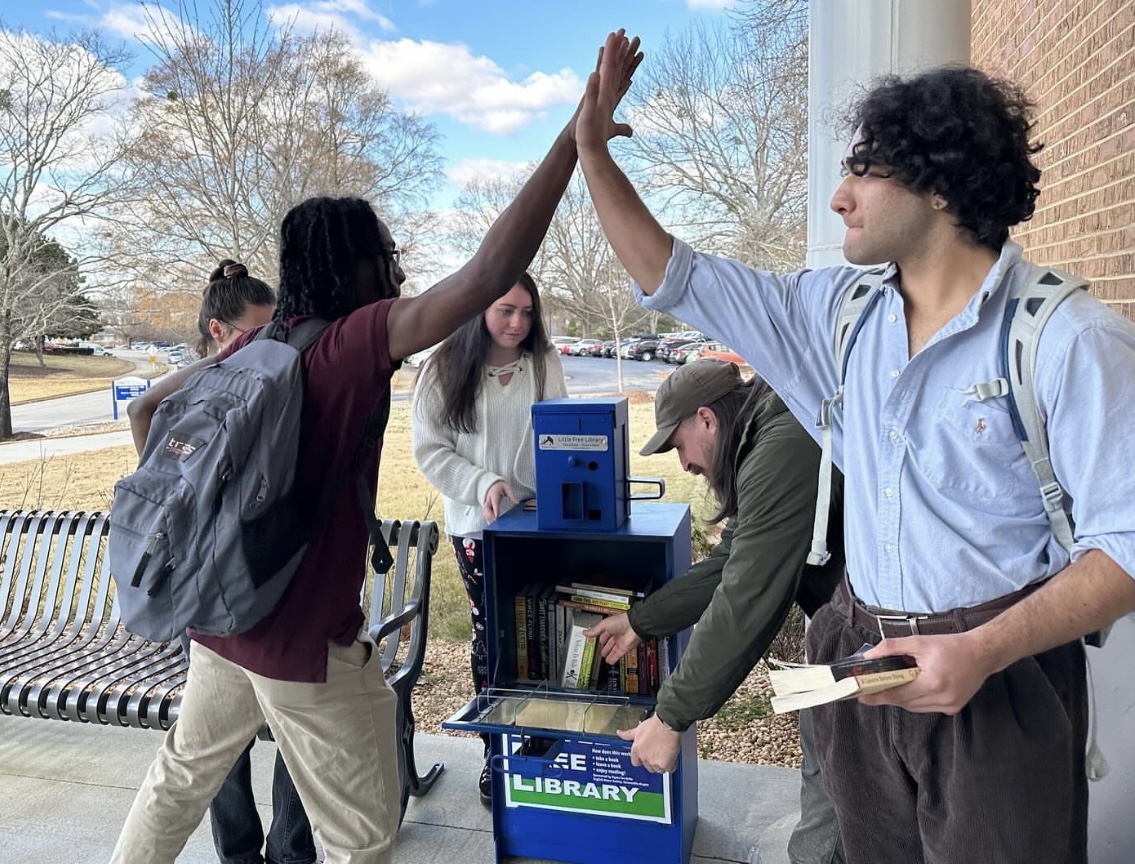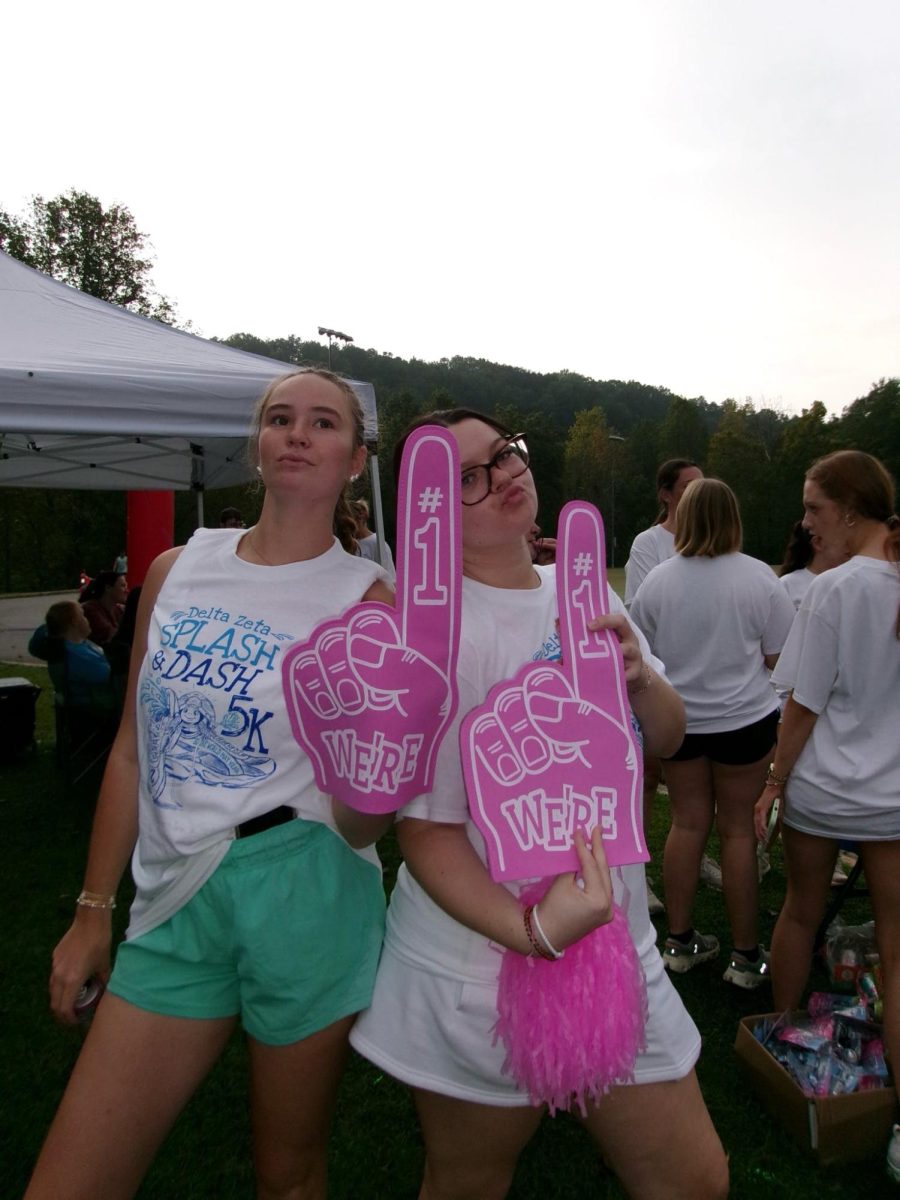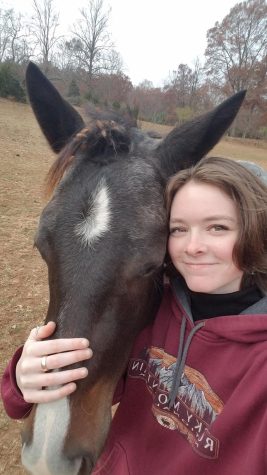Every year around the beginning of spring semester, the University of North Georgia students begin to contemplate housing for the next year. The desire for a place of their own, a kitchen to cook food they actually want to eat, and not sharing a bathroom with thirty other girls drives many women to seek off campus housing. They don’t have to look far before they begin to hear comments about the brothel law in Lumpkin County.
Three years ago, Gardner tried to find a house to rent for herself and five friends. She was told by many people that it would be difficult to find a house or a landlord to rent to all of them because of the brothel law in Lumpkin County. Some say that this law is the reason it is hard to find houses with more than four or five bedrooms.
“They said it was considered a brothel if six or more girls lived together.”- MaryChase Gardner, a local resident in Dahlonega, Georgia.
With limited housing in the Dahlonega area and many college women looking to rent houses off campus, the supposed brothel law has caused mild panic and confusion.
However, Lumpkin County officials say there is no need for panic.
Lumpkin County Government official Bruce Georgia says that he has no knowledge of a brothel law limiting how many women can live together. Georgia says that if more than five unrelated people live together then they would need to follow the rules for multi-family housing, but they would not be considered a brothel.
There is an ordinance in the laws of Lumpkin County that states there cannot be more than four people in a single family residence, says Jameson Kinley, the planning and zone administrator for the city of Dahlonega. The ordinance defines a family as a group of no more than five people who are not related to each by blood, marriage, etc. yet who live in the same housing unit. “The ordinance gets twisted, but I believe that is where it came from,” says Kinley.
Another article from a sorority in Valdosta also addresses supposed brothel laws in Georgia. The rumors were debunked, and the sorority had no more trouble with their housing.
“Some municipalities do indeed have zoning laws prohibiting more than a specified number of non-family members [male or female] from living together, but not even in those cases would a household in violation of those codes be labeled a brothel,” says a writer for the fact checking source, snopes.com. Brothels are only defined by the activities going on inside them, not the number of men or women living in the building, so college students can house hunt in peace knowing that they will not be labeled a brothel no matter how many women live in the house.





















